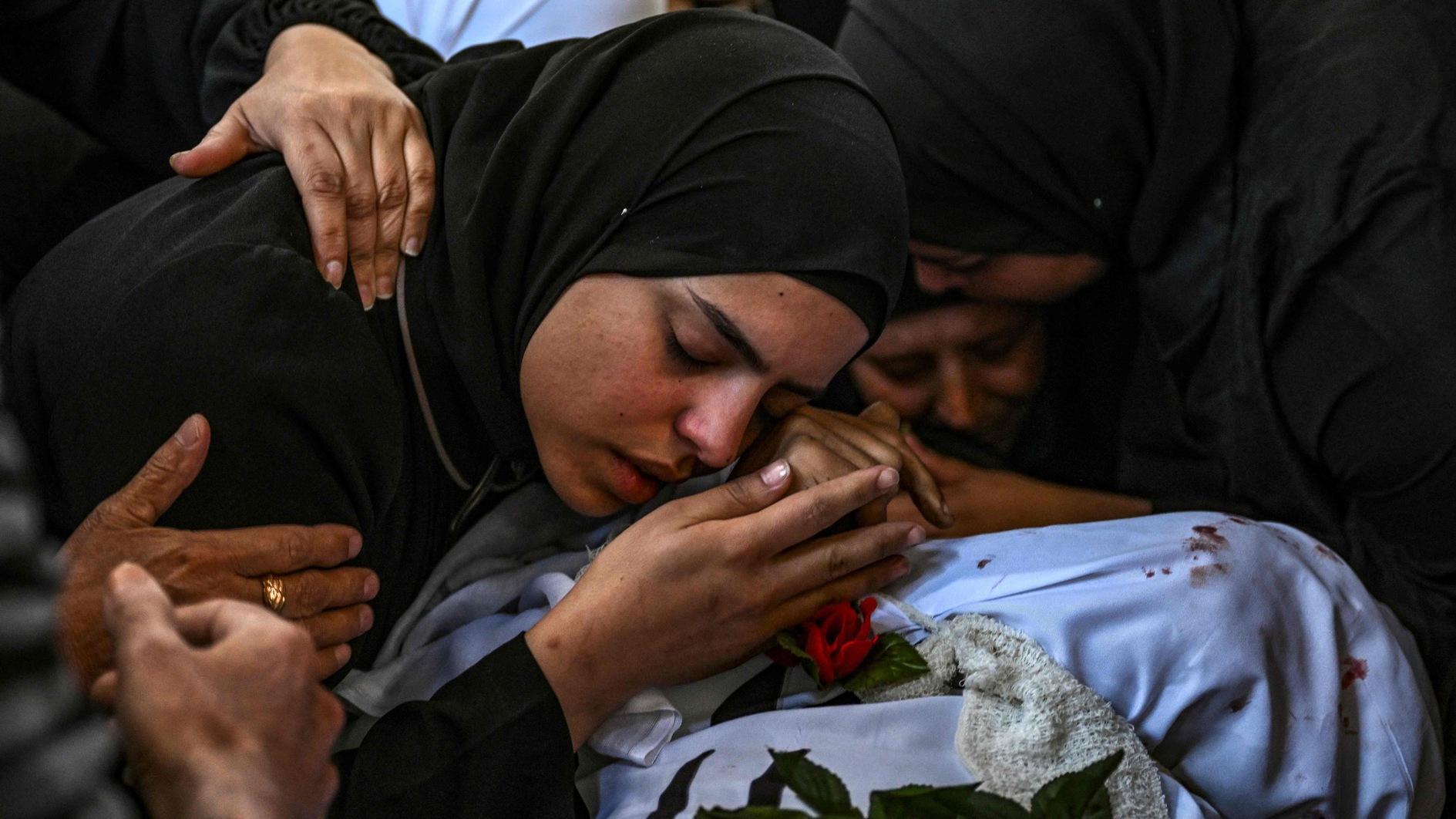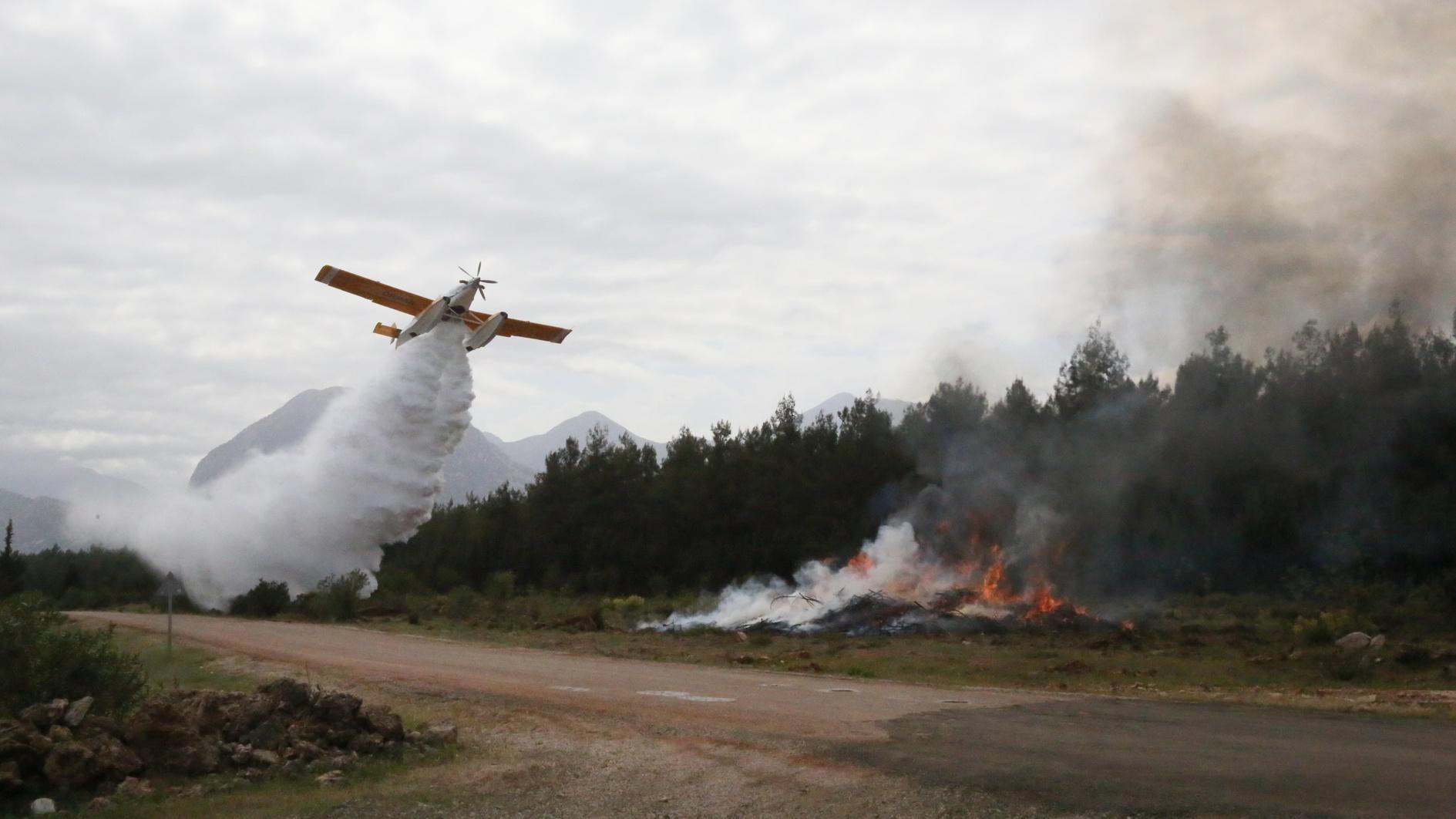What to expect in 2018
2017 was a year full of international crises, and we are preparing to hand over many of them to 2018. On the brighter side, almost a year has passed since Donald Trump assumed the Oval Office, and we haven’t found ourselves engaged in a nuclear war.. yet.
Still, we don’t know what tomorrow may bring.
North Korea completed six nuclear tests this year, as it strove to expand the range of its intercontinental ballistic missiles so as to reach cities in the United States. Pyongyang is expected to deliver a New Year’s message to the world regarding the status of its nuclear program.
Turkey’s New Year’s Eve celebrations descended into horror as an Islamic State of the Iraq and the Levant (ISIL) militant raided Istanbul’s Reina nightclub and killed 39 people in the first hours of 2017. But within the year, the terror group has lost almost all of its territory in Iraq and Syria.
However, over the years, ISIL has also grabbed a foothold in several countries from Africa to Asia, such as Libya, Egypt, Somalia, Nigeria, Afghanistan and the Philippines. Leaving aside the nightmare scenario that foreign fighters could return from Syria and Iraq to wreak havoc at home, ISIL has the ability to activate its cells and provide inspiration to lone wolves around the world. As long as the socio-economic and cultural factors that nurture jihadist ideology remain, terror assaults will take innocent lives.
ISIL’s retreat in Syria and Iraq has triggered a new phase of power struggle in the region. Russia and Iran, which invested blood and money to keep Bashar al-Assad in power, expect a payoff by duly strengthening their military hold in Syria. Russia has already safeguarded its military bases, but for Iran, it’s more complicated. As ISIL is defeated, containing Iran’s regional influence has become the primary goal for the United States. Even though Trump’s decision to move the U.S. embassy in Israel from Tel Aviv to Jerusalem has dealt a blow to the anti-Iran axis that brings together Israel, Saudi Arabia, the United Arab Emirates and the U.S., it seems that the Iran threat outweighs Palestine as far as the Gulf countries are concerned—at least for now. Therefore, the struggle against Iran will continue in 2018 on multiple fronts, including Syria, Iraq, Yemen and Lebanon.
2017 was also a critical year of elections for Europe. The electoral defeat of populist leaders such as the Netherlands’ Geert Wilders and France’s Marine Le Pen gave us a glimpse of hope that the populist wave might have passed. But in September, the Alternative for Germany (AfD), a party with Nazi sympathies, entered the Bundestag. Worse, another ultranationalist party, the Freedom Party of Austria (FPÖ), became a coalition partner in Austria just a week ago.
It all means the Islamophobic, anti-Semitic and xenophobic wave of populism is far from being over. Populist leaders manipulate the anger and frustration of the masses for their own political ends, but the resentment of disadvantaged groups who have been harmed by the reckless neoliberal policies of the global capitalist era is tangible. Unless moderate governments address the conditions that engender this resentment with constructive solutions, the populist wave could sweep us all away.
At a time when the world needs leadership equipped with wisdom and common sense more than ever, we turn to Washington and can’t help but despair.
The National Security Strategy announced by Trump last week laid out a unilateral foreign policy line that relies on hard power, promotes economic protectionism and promises anything but peace and stability in the world. In every aspect, 2018 will be a year of rising uncertainty and conflict.
As a multipolar world order takes shape, it is in Turkey’s best interest to maintain calm and well-balanced relations with all sides and avoid any unnecessary adventures in the name of pursuing an active foreign policy. However, Turkey’s upcoming presidential elections create an unfavorable climate in which foreign policy issues could easily be abused for domestic gain.
What Turkey needs are long-term strategies instead of short-term tactics. The steps to be taken in 2018 will determine not only Turkey’s position and role in the world, but also redefine its identity.











